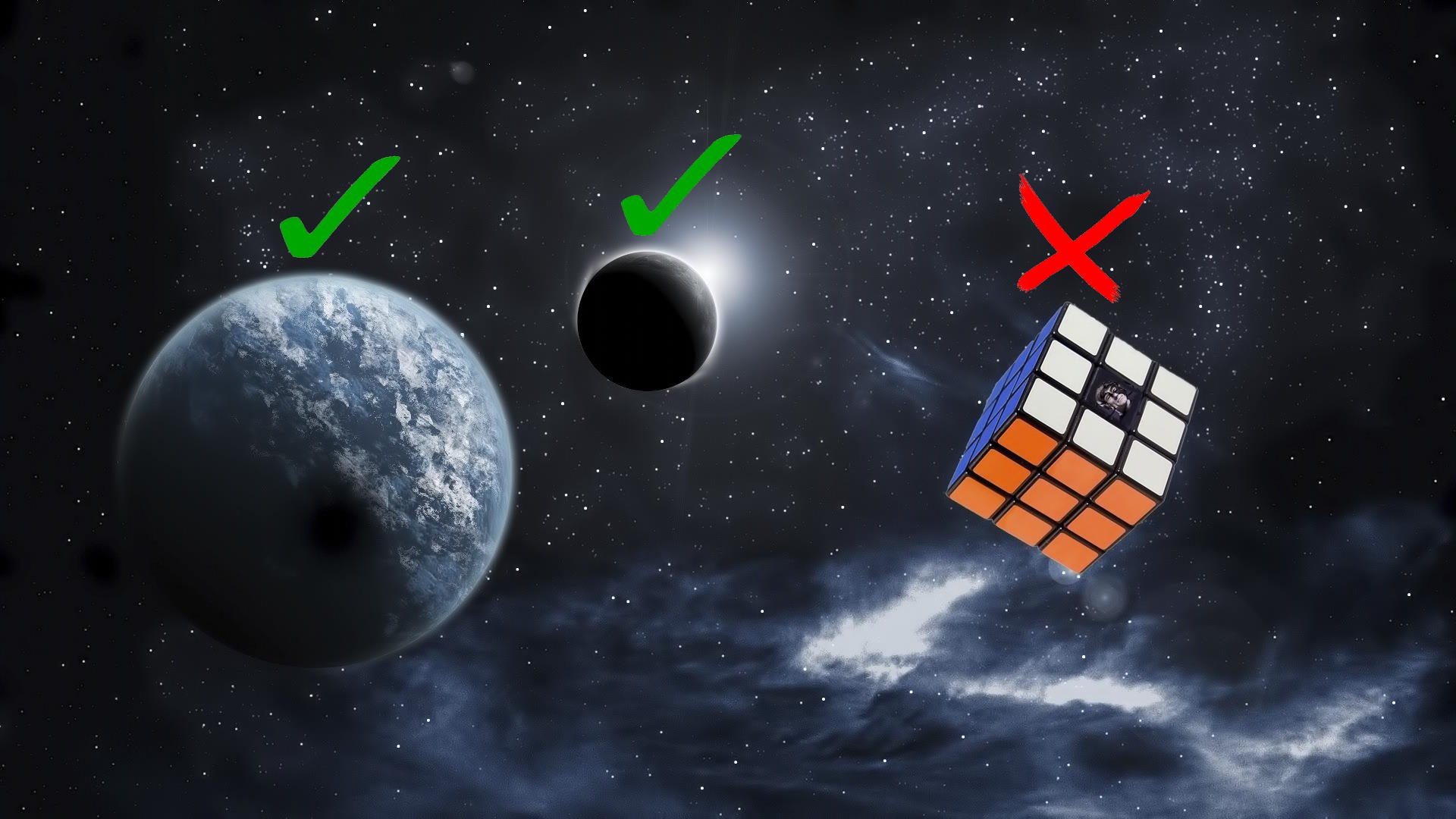Katie Freese is a professor of physics at the University of Michigan, and the associate director of the Michigan Center for Theoretical Physics. Her work deals with a wide variety[…]
Sign up for the Smarter Faster newsletter
A weekly newsletter featuring the biggest ideas from the smartest people
If one imagined and described the most logically elegant way to construct a universe, the result wouldn’t resemble ours.
Question: Do you think the Universe has evolved in a logical rnway?
rn
Katie Freese: Wow, I think if we try to write down a rnuniverse on a piece of paper that was the most simple and the most rnelegant there is a lot of things you wouldn’t find, so if all the way… rnall the details intermesh, are very important to for example, allowing rnpeople to exist and I mean on the biological level I guess this is rnobviously that we’re very dependent on respiratory system and all the rnrest of it, which is not something that you would just invent again if rnyou had a random piece of paper and certainly what we’ve discovered, rnthis sort of pie picture of the universe that you have 4% atoms, dark rnmatter, which I think is the… That is a solvable problem. I think we’rern on the edge of solving that one, but then all the sudden this dark rnenergy appeared as a complete mystery. This was on the late 1990s, so Irn think I was saying around… In the past 10 years, around the turn of thern millennium it’s really been the golden age for cosmology from the pointrn of view of data coming in and really affecting our thinking, so this isrn a very bizarre, probably illogical thing from our current understandingrn of what powers the dark energy, so the thing that we see is that rnapparently the universe is not only expanding, we’ve known that for a rnlong time, but also accelerating.
The way this was originally rnfound was by looking at very bright supernovae. These are the rnexplosions of dying stars and these distant supernovae were seen to be rnfainter than anybody expected and one interpretation was that they’re rnaccelerating away from us and at first it wasn’t clear what really was rngoing on, but that is the consensus picture at this point that this… Yourn have this acceleration driven by this powerful new… Well this is… it’srn almost like an antigravity, so whereas dark matter makes up galaxies, rnit has a normal gravitational interaction, this other stuff has some rnkind of negative pressure. It pushes things apart and it could either rnbe a new kind of energy density, a vacuum energy density or it could be rntelling us that our basic equations are wrong and we have to rethink rneverything, so this one has people very excited and puzzled and it’s notrn going to be answered you know this one will not be answerer tomorrow, rnbut it’s a big one and it certainly affects the future evolution of the rnuniverse as well, so.
Recorded May 7, 2010
Interviewed by David Hirschman
rn
Katie Freese: Wow, I think if we try to write down a rnuniverse on a piece of paper that was the most simple and the most rnelegant there is a lot of things you wouldn’t find, so if all the way… rnall the details intermesh, are very important to for example, allowing rnpeople to exist and I mean on the biological level I guess this is rnobviously that we’re very dependent on respiratory system and all the rnrest of it, which is not something that you would just invent again if rnyou had a random piece of paper and certainly what we’ve discovered, rnthis sort of pie picture of the universe that you have 4% atoms, dark rnmatter, which I think is the… That is a solvable problem. I think we’rern on the edge of solving that one, but then all the sudden this dark rnenergy appeared as a complete mystery. This was on the late 1990s, so Irn think I was saying around… In the past 10 years, around the turn of thern millennium it’s really been the golden age for cosmology from the pointrn of view of data coming in and really affecting our thinking, so this isrn a very bizarre, probably illogical thing from our current understandingrn of what powers the dark energy, so the thing that we see is that rnapparently the universe is not only expanding, we’ve known that for a rnlong time, but also accelerating.
The way this was originally rnfound was by looking at very bright supernovae. These are the rnexplosions of dying stars and these distant supernovae were seen to be rnfainter than anybody expected and one interpretation was that they’re rnaccelerating away from us and at first it wasn’t clear what really was rngoing on, but that is the consensus picture at this point that this… Yourn have this acceleration driven by this powerful new… Well this is… it’srn almost like an antigravity, so whereas dark matter makes up galaxies, rnit has a normal gravitational interaction, this other stuff has some rnkind of negative pressure. It pushes things apart and it could either rnbe a new kind of energy density, a vacuum energy density or it could be rntelling us that our basic equations are wrong and we have to rethink rneverything, so this one has people very excited and puzzled and it’s notrn going to be answered you know this one will not be answerer tomorrow, rnbut it’s a big one and it certainly affects the future evolution of the rnuniverse as well, so.
Recorded May 7, 2010
Interviewed by David Hirschman
▸
5 min
—
with





